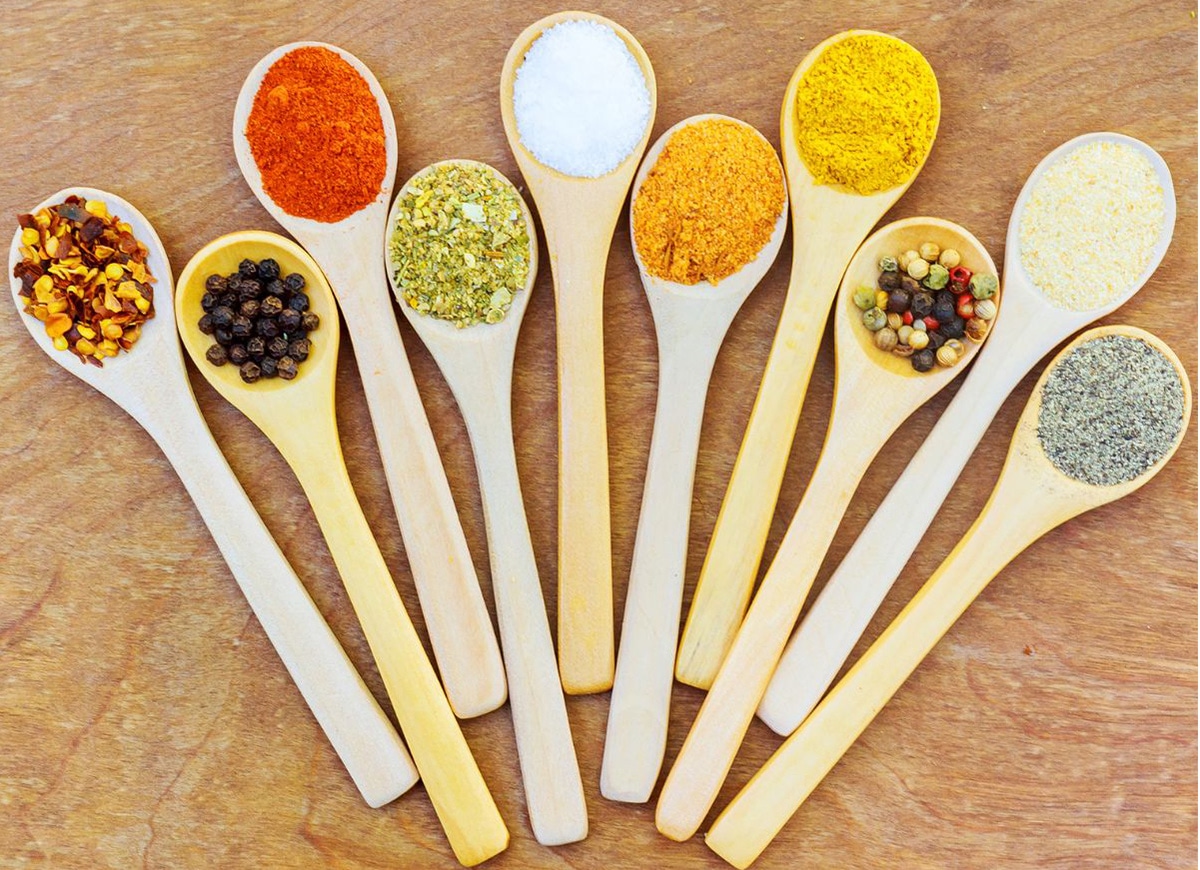Are Food Additives Harming Your Health?
In an era where convenience often trumps caution, our modern-day diets are increasingly being influenced by the use of food additives. They're in everything from the cereal we pour in our morning bowls to the snacks we reach for during late-night Netflix binges. But what do we really know about these mysterious compounds lurking in our favorite foods, and should we be concerned about their impact on our health? In this article, we embark on a journey to unravel the dramatic plot behind food additives and their potential harm to our well-being.

The Rise of Food Additives
As the world races towards convenience and efficiency, the food industry has undergone significant changes. Food additives, once a novelty, have become commonplace in modern diets. These substances are used to extend shelf life, enhance flavors, and improve texture. But are they as harmless as we've been led to believe? Let's dig deeper.
The Dialogue with Experts
To get to the heart of this topic, I reached out to Dr. Sarah Mitchell, a renowned nutritionist, for her insights. Dr. Mitchell emphasizes that while some food additives are harmless, others can be cause for concern. "It's crucial for consumers to be aware of what they're eating and make informed choices," she tells us. "Some additives have been linked to adverse health effects, such as allergic reactions, digestive issues, and even long-term health problems."
A Closer Look at the Culprits
The dramatic plot thickens when we examine some of the most common food additives and their potential health risks:
Artificial Sweeteners: These are often used as sugar substitutes. While they can help reduce calorie intake, there are concerns about their long-term effects, including a possible link to metabolic issues and even increased sugar cravings.
Artificial Colors: Brightly colored candies and drinks may be visually appealing, but artificial colors are suspected of causing hyperactivity in children and other behavioral problems.
Preservatives: The name may suggest safety, but some preservatives like BHA and BHT have been associated with cancer risks, while sodium nitrate/nitrite in processed meats is a potential concern.
MSG (Monosodium Glutamate): Commonly found in savory processed foods, MSG has been linked to "Chinese Restaurant Syndrome," characterized by headaches, sweating, and chest pain in some individuals.
The Current Events and Consumer Concerns
In recent years, there has been a growing awareness of the potential harm food additives may cause. Consumers have become more vigilant about reading labels and seeking healthier alternatives. This shift in awareness has also prompted some food manufacturers to revisit their ingredient lists, opting for cleaner and simpler options.
Furthermore, government regulations and agencies like the Food and Drug Administration (FDA) are continuously reviewing the safety of food additives. While many additives are considered generally safe when consumed within established limits, the ongoing scrutiny shows that the topic remains a matter of public concern.
Frequently Asked Questions
Q: How can I identify harmful food additives in products?
A: Check the ingredient list on the packaging. Look out for additives like artificial colors, high levels of sugar substitutes, and preservatives. Research each one if you're uncertain about their safety.
Q: Are there any natural alternatives to common food additives?
A: Yes, many natural alternatives, like using honey instead of refined sugar or herbs and spices for flavor, can replace artificial additives.
Q: Can food additives be completely avoided in our diets?
A: While it's challenging to eliminate all additives, opting for whole, unprocessed foods and cooking at home can significantly reduce your exposure to them.
Q: Are there any additives that are unquestionably safe?
A: Many food additives are considered safe when consumed within established limits. For example, vitamin and mineral fortifications are often beneficial.
Unveiling the Conclusion
The dramatic plot surrounding food additives is one of complexity, caution, and choice. While some additives are deemed safe and have been extensively researched, others continue to raise concerns. The key takeaway is that as consumers, we hold the power to make informed choices about what we put into our bodies.
In the quest for healthier eating habits, the first step is to be informed. Read labels, understand what you're consuming, and be aware of potential health risks associated with certain additives. If you have doubts or health concerns, consulting a healthcare professional or nutritionist is always a wise move.
Remember, the relationship between food additives and our health is a continuing story. Stay curious, stay informed, and take charge of your well-being.
In a world where the impact of food additives on our health is uncertain, the real question is, "Are you ready to make informed choices?"



